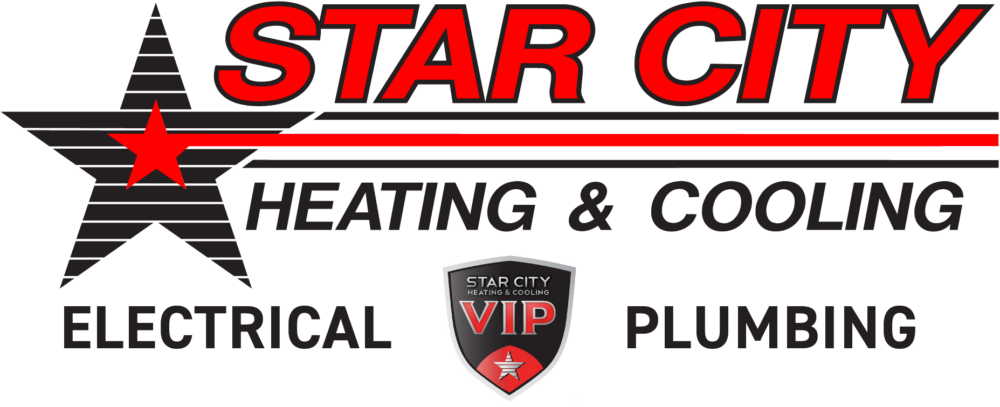During Nebraska’s hot and humid summers, your home needs cooling equipment your family can count on. Forced air and ductless ACs are both popular in the Cornhusker State, but choosing between these two types requires an understanding of how they differ and their ideal use cases.
Star City performs new air conditioner installations in Lincoln, NE and the surrounding area, including forced air and ductless models—so we know all about how they compare, and we’re here to give you an overview. Below, we cover the differences between forced air and ductless air conditioning systems, including their energy efficiency, costs, and more.
How Forced Air & Ductless ACs Work
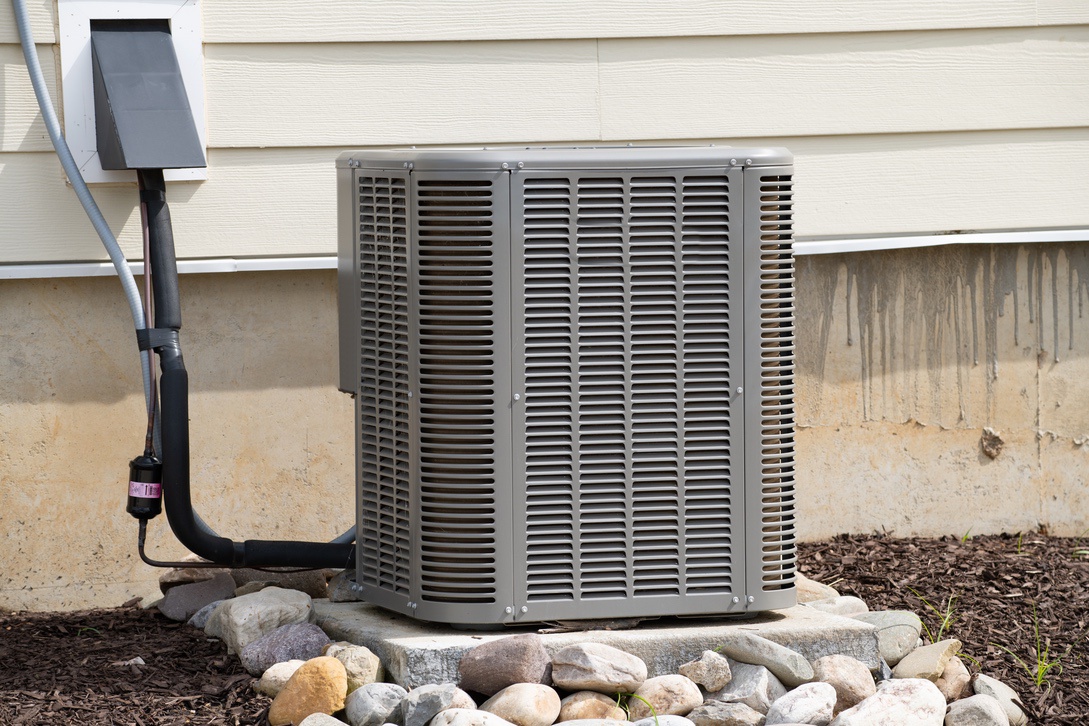
Forced Air Systems
- These systems use ductwork and registers to distribute cooled air throughout the home.
- An outdoor unit holding the compressor and condenser connects via coolant lines to an indoor unit with the evaporator coils.
- As refrigerant circulates through this system, it undergoes state changes that pull heat out of your home’s air and distribute it outside.
- The furnace’s blower fan then circulates the treated air throughout the ducts and vents of your home.
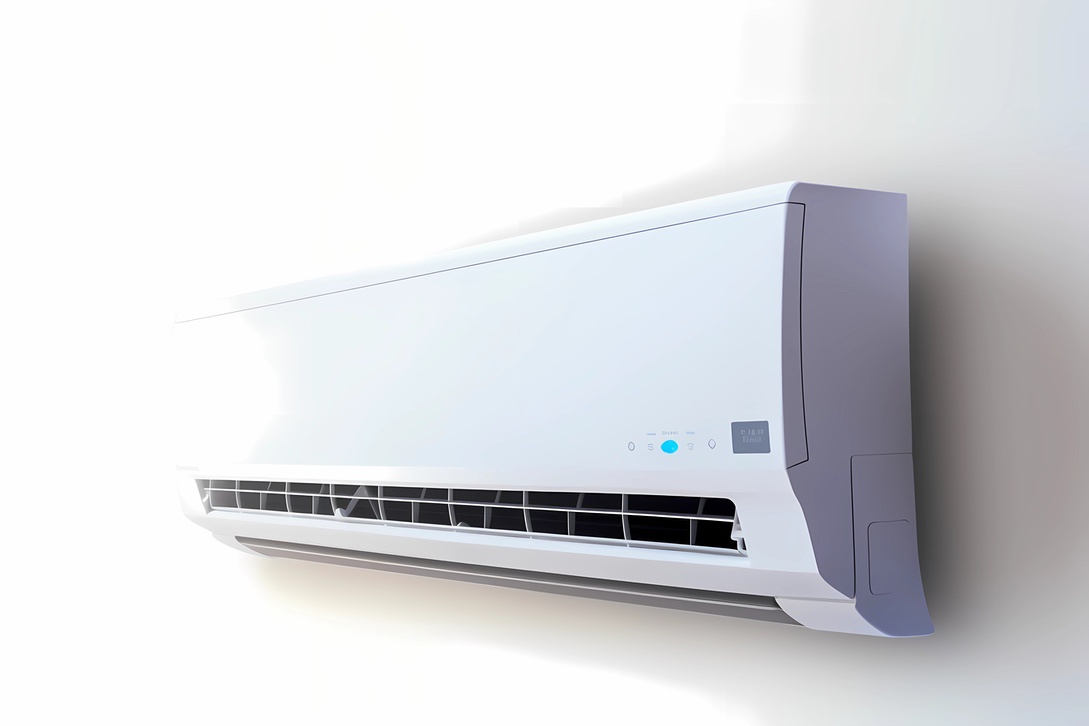
Ductless Systems
- These systems (also known as mini-split systems) consist of individual units mounted on exterior walls instead of connecting to your furnace and ductwork.
- The outdoor portion of a ductless AC contains the compressor and condenser, while the indoor portion holds the evaporator coil and an air handler to push treated air into the home.
- Ductless systems work best in owner-occupied lofts, apartments, and smaller homes that do not have the capacity for ductwork. To cool an entire detached home, we recommend using a forced air system and potentially adding a ductless unit or two for additional cooling in specific areas.
Forced Air vs. Ductless Air Conditioners At a Glance
| Forced Air Systems | Ductless Air Conditioning | |
| Cooling Capacity | High when properly sized by professionals | Depends on the number of units |
| Average Energy Efficiency (SEER Ratings) | 13-21 | 15-22 |
| Upfront Costs | Generally lower | Higher due to individual units |
| Maintenance Requirements | Regular cleaning of ducts and filters | Cleaning of filters and servicing of individual units |
| Climate Control | Temperature can be adjusted in different rooms by partitioning central ductwork | Temperature can be adjusted by placing individual units in different rooms |
| Environmental Impact | Can be higher due to energy consumption | Lower due to energy efficiency |
Key Comparisons Between Forced Air & Ductless ACs
Energy Efficiency & Cooling Capacity
While ductless units tend to have slightly higher SEER (Seasonal Energy Efficiency Ratio) ratings, that doesn’t always make them the best choice. The type of AC that’s most efficient for you depends on where and how it will be used.
- Centrally ducted air conditioners are often more efficient in larger homes that require uniform cooling throughout. Controlling them from a single thermostat eliminates the risk of energy being wasted by accidentally leaving a unit running when it isn’t needed.
- Ductless air conditioners are generally the most efficient in smaller homes or those without suitable ductwork for central AC, especially when you only need to cool specific areas or adjust cooling in different parts of the home.

Climate Considerations in Nebraska
Nebraska’s average daily temperature is above 76°F during the summer, which lasts for nearly 4 months of the year. Either type of system can provide enough cooling for your home during this period, as long as you set it up correctly.
- Forced air systems must be sized by professional HVAC technicians to ensure that their cooling capacity (measured in Btu or British thermal units) is sufficient for your home.
- Ductless systems must be sized as well—plus, you’ll need to figure out how many individual units you need to purchase and install to cool the parts of your home that need it.
In either case, determining the right size of air conditioner for a given home is a complicated task that requires professional expertise, so always call our team for new AC installations in Lincoln, NE.
Costs, Savings & Maintenance
Ductless systems typically cost more upfront because you’ll have to buy multiple units to cool an entire home. However, the control and energy efficiency they offer can help offset those costs over time.
Both types of AC require some regular maintenance. Maintenance for forced air systems includes changing the filter regularly and keeping the ductwork clean, while ductless systems require the servicing of individual units and filter cleaning. Either way, you’ll want to schedule a professional AC tune-up at least once a year.
Indoor Air Quality & Health Risks
Ductless systems have no ductwork, so their impact on air quality in your home is minimal. Forced air systems can be upgraded with HEPA filters, UV air purifiers, and other special features to ensure that the air moving through your home’s ductwork is always pure and fresh. Our technicians at Star City can tell you more about making these upgrades if you’re having a forced air AC installed.
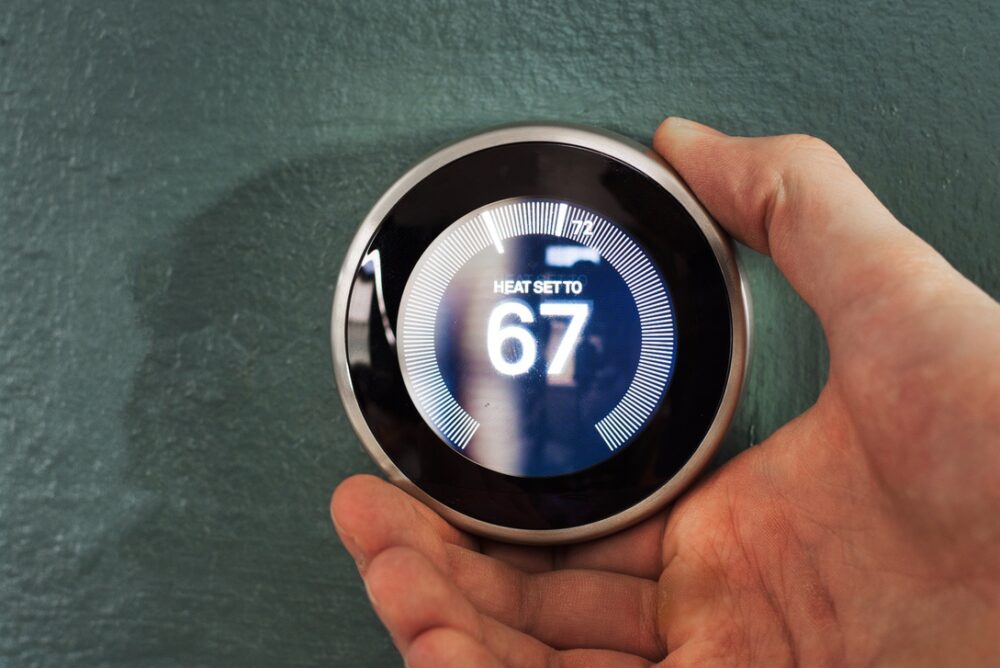
Tips for Improving AC Energy Efficiency
Forced Air Systems
- Proper Installation: Having your new AC installed by our professionals ensures that your ducts will be able to distribute air throughout the home without leaks or other issues that could waste energy and cost you unnecessary money.
- Regular Maintenance: Having your ductwork cleaned every few years and changing or cleaning your filters on a monthly basis during the cooling season prevents debris from impacting your air quality or blocking the ductwork and forcing the system to work too hard. Yearly tune-ups by our professionals can also help identify and solve minor issues before they turn into expensive problems.
- Smart Thermostats: Modern programmable thermostats can be controlled remotely and set to adjust automatically to your routines over time, all of which can reduce energy wastage.
- Exploring Incentives: ENERGY STAR provides numerous incentives for homeowners making energy-efficient home upgrades, which can lower the upfront cost by up to 30%. Talk to our team to learn more about how purchasing a new central AC unit could allow you to take advantage of programs like this one.
Ductless Systems
- Proper Placement: Correct positioning of the indoor units maximizes airflow and cooling efficiency. Our team can show you the best spots to place ductless AC units in your home.
- Regular Cleaning: Keeping the filters and coils clean is essential for maintaining the unit’s efficiency. Our team can perform annual maintenance for ductless systems as well as forced-air units.
- Zone Control: Using ductless systems strategically to cool only the parts of your home that need it can lead to significant energy savings over time, lowering your bills and offsetting the initial costs of these systems.
- Energy-Efficient Models: Choosing models with higher SEER ratings can contribute to long-term energy and cost savings. Our team can recommend plenty of modern, high-efficiency options.
Environmental Considerations
Typically, central AC units have a higher environmental footprint than ductless systems—but this can be offset by investing in a newer, high-efficiency forced air model. While older forced air systems may have SEER ratings of 10 or less, new models are required to have ratings of at least 13—which can translate into energy savings of over 20%.
If your home is suitable for them, ductless systems are also an eco-friendly alternative. Not only do they have higher SEER ratings, but they also require fewer materials to build—making their overall carbon footprint lower in many cases.
Choosing the Right System
There’s no right answer when it comes to forced air vs. ductless air conditioners—that’s why you find both kinds all over Nebraska! But using the information above can help give you some valuable perspective and understand the recommendations you’ll get from our experts.
Having us install your new air conditioner is the best way to know that you’re choosing the right kind for your home and lifestyle. Contact Star City Heating & Cooling to get set up with a cooling system that keeps your home comfortable all season long.
FAQ Section
How often do air conditioners need professional service?
Both systems should be serviced at least once a year, preferably before the cooling season begins. Book your AC tune-up with Star City here.
Can I install an AC by myself?
Not recommended—even choosing the right kind of air conditioner for your home is a task that requires professional expertise, and the installation process itself must be carefully performed to avoid errors. Contact Star City to install your new air conditioner in a way that ensures safety, complies with local codes, and provides optimal energy efficiency for your home.
Which type of air conditioner is better for older homes?
If your home is old enough that it has outdated ductwork (or no ductwork at all), then our team at Star City will be happy to provide estimates for installing new or replacement ductwork. We can also help you determine the best type of system for your needs after asking you a few quick questions about your home.
What cooling capacity does my new air conditioner need?
Choosing an air conditioner with the right cooling capacity is called “sizing”. The sizing process can be complicated, and must take numerous factors into account, including:
- Square Footage
- Climate Zone
- Ceiling Height
- Sunlight Exposure
- Insulation Quality
- Occupancy
- Appliances and Electronics
- Number and Size of Windows and Doors
- Building Orientation
- Exterior Wall Construction
- Ductwork (if applicable)
- Shade around the Building
Consulting with our HVAC professionals is the best way to determine the appropriate cooling capacity for your space. Our team at Star City performs a complex calculation called the Manual-J to determine the right size for any new air conditioner we install.
Buying an air conditioner is an investment you’ll want to make carefully. You should be able to rely on your new cooling equipment to keep you comfortable throughout Nebraska’s hot summers for years to come, so it pays to make sure you get the right size and learn the best way to maintain it.
As home comfort pros who have performed countless AC installations, repairs, and tune-ups throughout Lincoln and the surrounding communities, our team is here to help. Read on to learn more about how air conditioners work, what to consider when purchasing one (including its size), and find answers to frequently asked questions about the process.
See also:
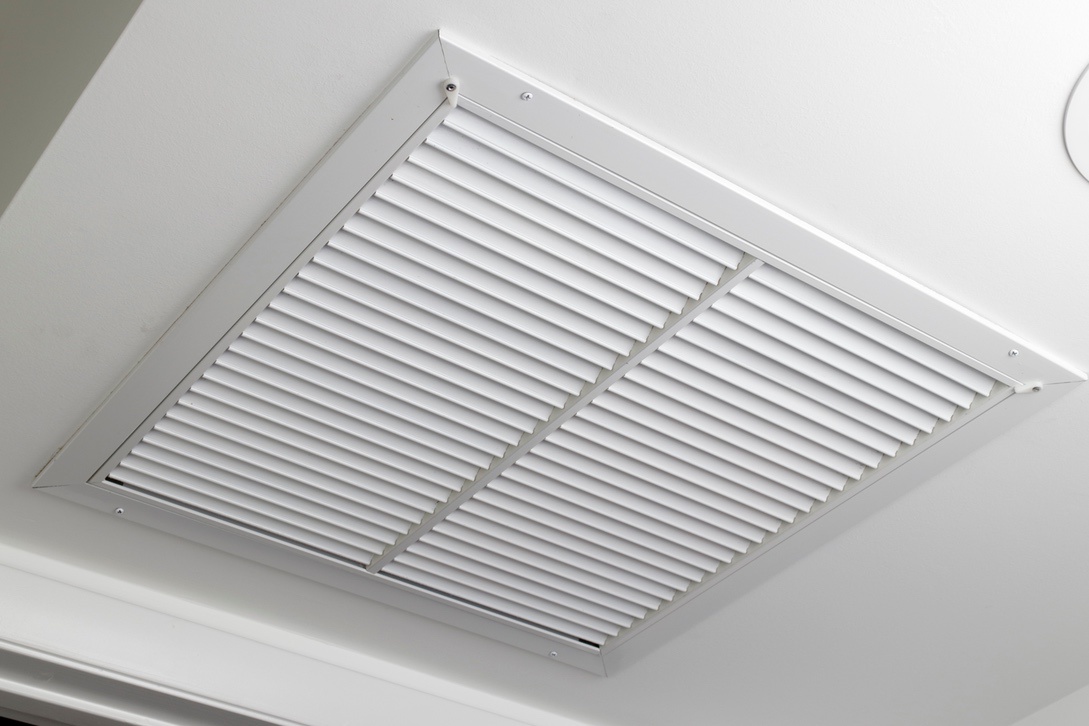
How Does An Air Conditioner Work?
Air conditioners use a chemical called refrigerant to transfer heat out of the air in your home and move it outdoors. We’ve explained the basics below.
The Cooling Cycle Explained:
- Refrigerant enters your AC’s compressor as a low-pressure gas
- The compressor squeezes the refrigerant until it’s pressure and temperature both rise
- The refrigerant enters your AC’s condenser, where it becomes a high-pressure liquid by releasing its heat outside the home
- The liquid refrigerant travels to the expansion valve, where it can release its pressure (this makes its temperature even lower)
- The cool, liquid refrigerant enters the evaporator to absorb heat from your home’s air until it vaporizes and becomes a low-pressure gas again
- The refrigerant then enters the compressor, and the cycle starts fresh
What to Consider When Buying an Air Conditioner
Air conditioners all use the process and components described above, but they can have different capabilities—largely determined by their size and intended application. Buying the right air conditioner for your home lets you enjoy cost-effective comfort whenever the weather turns warm, so it’s important to think about these things up front.
Air Conditioner Size
“Size” refers to your AC’s cooling capacity, and is measured in BTU (British Thermal Units). Broadly speaking, the more BTU your air conditioner produces, the larger the space it can cool efficiently—but there are numerous other factors at play as well, which we’ll cover in the next section.
The best way to know what size of air conditioner your home needs is to call us and let us perform a heat load calculation (also known as a Manual-J). This is an extensive and detailed process that takes a wide variety of factors into account to accurately determine your home’s heating and cooling needs—it’s an essential part of buying a new air conditioner or furnace, and can only be undertaken by qualified professionals like us.
Other Factors that Can Affect Your AC’s Efficiency in Nebraska
Your AC’s size isn’t the only factor that will determine how efficiently it can cool your space. When you call us to recommend an air conditioner that fits your home’s needs, we’ll also take into account things like:
- How much sunlight and shade your property receives
- Your home’s insulation and siding (different kinds can trap heat differently)
- How many windows your home has, what direction they face, and their energy efficiency
- How many heat-generating appliances you have in your home and where they are
Like most of the Midwest, Nebraska has deeply cold winters and particularly hot summers—meaning you might need an air conditioner with slightly more cooling capacity than you would for summers in other states. We’ll help you figure this all out when you call.
Frequently Asked Questions about Buying Air Conditioners in Nebraska
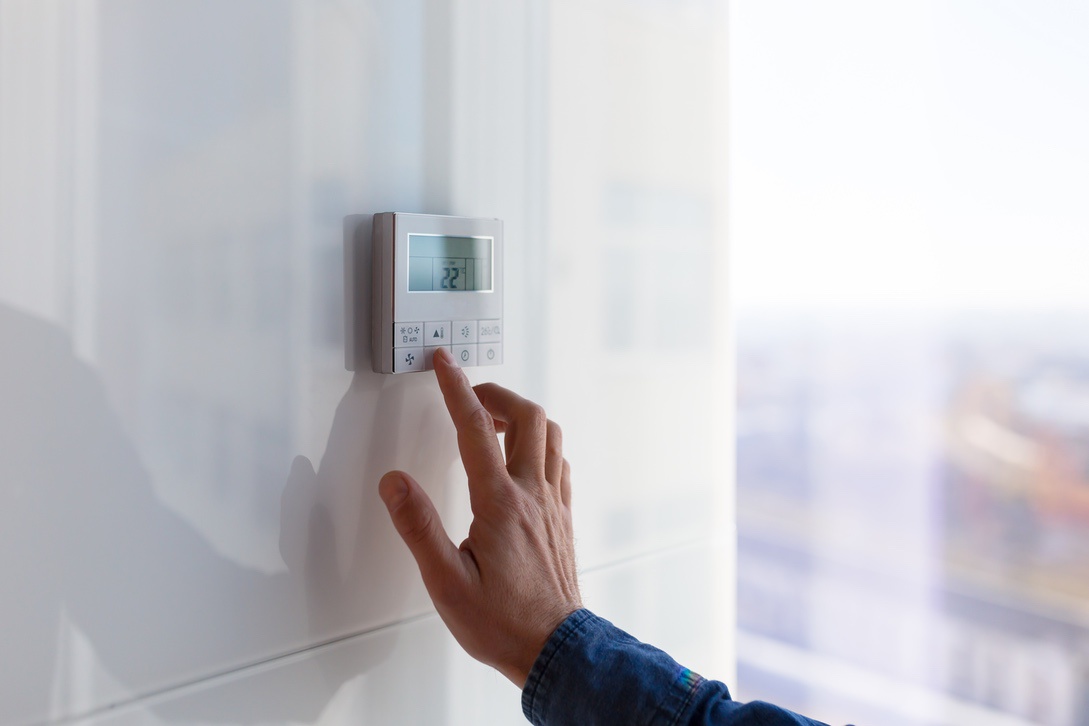
Should I Get Central AC or Ductless Mini Split Systems?
Central AC uses a network of ducts to move cold air throughout your home, while ductless mini split systems are standalone units that usually mount to walls in individual rooms or hallways.
While ductless mini split systems can be an efficient solution in homes that have no ductwork and lack the space to add it, central air conditioning is generally the most cost-effective way to cool an entire home. This is because central AC only requires the purchase of a single unit and can be controlled through a single point (your thermostat) instead of needing to buy and operate multiple different pieces of equipment.
How Much Does a New AC Cost in 2023?
The cost of a new air conditioner in 2023 depends on:
- The air conditioner’s cooling capacity
- How accessible the installation location in your home is
- Whether your ductwork will need to be adjusted or upgraded during the installation
- Any additional features (air handlers, etc.) you are adding to your HVAC system during the installation
How Long Will Installing My New AC Take?
Every AC installation is different because every home is unique. The factors that affect how long your installation takes include:
- What kind of air conditioner we are installing (ductless mini-split or central AC)
- The ductwork that already exists in your home and whether more needs to be added (for central AC systems)
- The accessibility of the area where we’re installing your cooling equipment (cluttered or hard-to-reach places can drive up the time required)
- The model and cooling capacity of your new AC
Our team always strives to provide an accurate quote on how long installations will take, and many new AC installs take under a single business day. If we have reason to think your installation will take longer, we’ll let you know as soon as possible so you can prepare accordingly.
How Long Do Air Conditioners Last?
Most new AC models can be expected to last for 10-15 years, although some may last as long as 20 years with proper maintenance. It’s also important to use your new cooling equipment responsibly and avoid overworking it, especially during extreme temperature conditions. Most AC units are designed to operate efficiently in temperatures between 60°F to 90°F, although this will vary depending on the model.
If you’re concerned about running your AC unit in high temperatures, contact Star City for advice and our team will be happy to help. We also strongly recommend regular maintenance and service for your AC unit to ensure it operates efficiently, no matter what temperature it is outside.
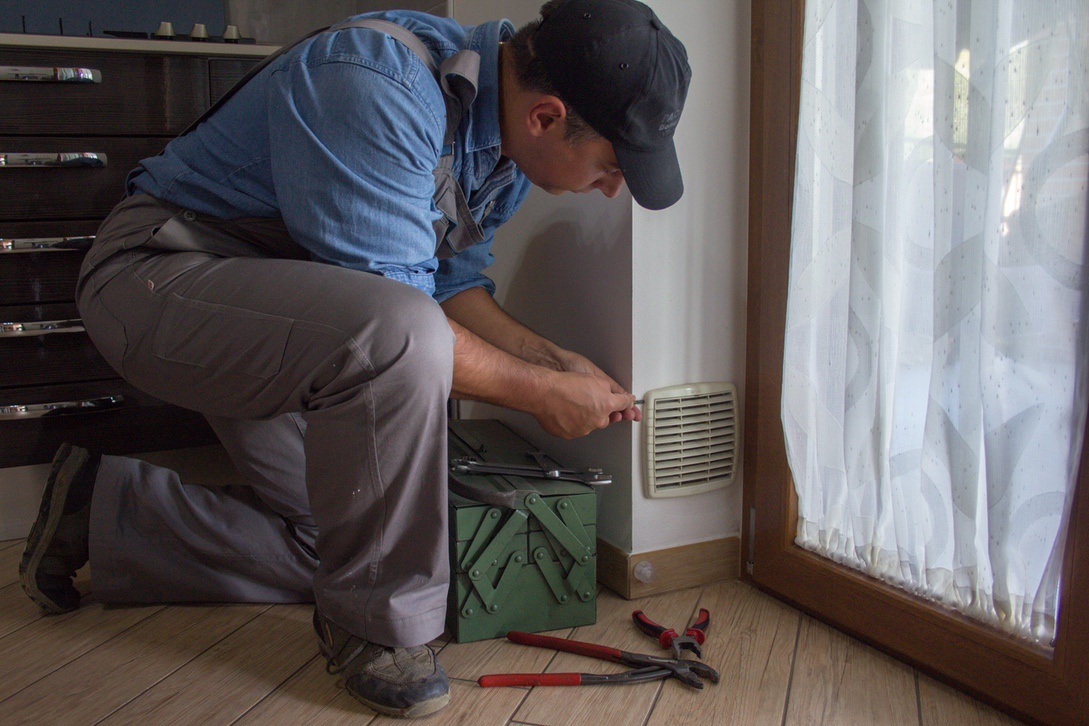
What Maintenance Will I Have to Do on My Air Conditioner?
There’s not much you can do on your own to maintain your AC, short of changing the filter—which you should do every month during the cooling season to avoid efficiency issues. However, Star City provides AC tune-ups in Lincoln, NE that include all the essentials for keeping your AC healthy, like:
- Checking coolant levels
- Evaluating the condenser
- Checking electrical connections
- Testing the blower fan
- Lubricating all moving parts
- Temperature performance diagnostics
- Calibrating the thermostat and controls
- Checking the fan switch
- A comprehensive multi-point safety inspection
Our tune-ups start at just $208 and are the best way to identify signs of AC trouble so you can have them fixed before they become much larger and more expensive problems.
How Do I Know When My AC Needs Service?
Signs your air conditioner might need professional service include:
- Weak airflow
- Unusual sounds or vibrations
- Strange smells coming from the vents
- Water leaks or moisture near the unit
- High humidity levels despite the AC running
- Thermostat not functioning properly
- Steady increase in energy bills despite no change in usage
- Ice buildup on the evaporator coil or refrigerant lines
- Inconsistent or uneven cooling throughout the space
- Turning on and off frequently (short cycling)
Call us for help if you notice any of these issues, or if your AC is more than 10-15 years old and hasn’t been serviced in a long time. We’ll be able to recommend the most cost-effective way to make your home comfortable again.
Finding Trustworthy Service Partners for Your New AC in Nebraska
Use the information above as a starting point for planning the size of air conditioner you might need and preparing to care for it once you purchase it. To learn more about choosing a model that’s exactly right for you and your home’s other occupants, contact Star City Heating & Cooling and speak with a member of our team. We’ll be happy to make a recommendation, provide an accurate estimate, and start planning the best way to keep you cool long-term.
